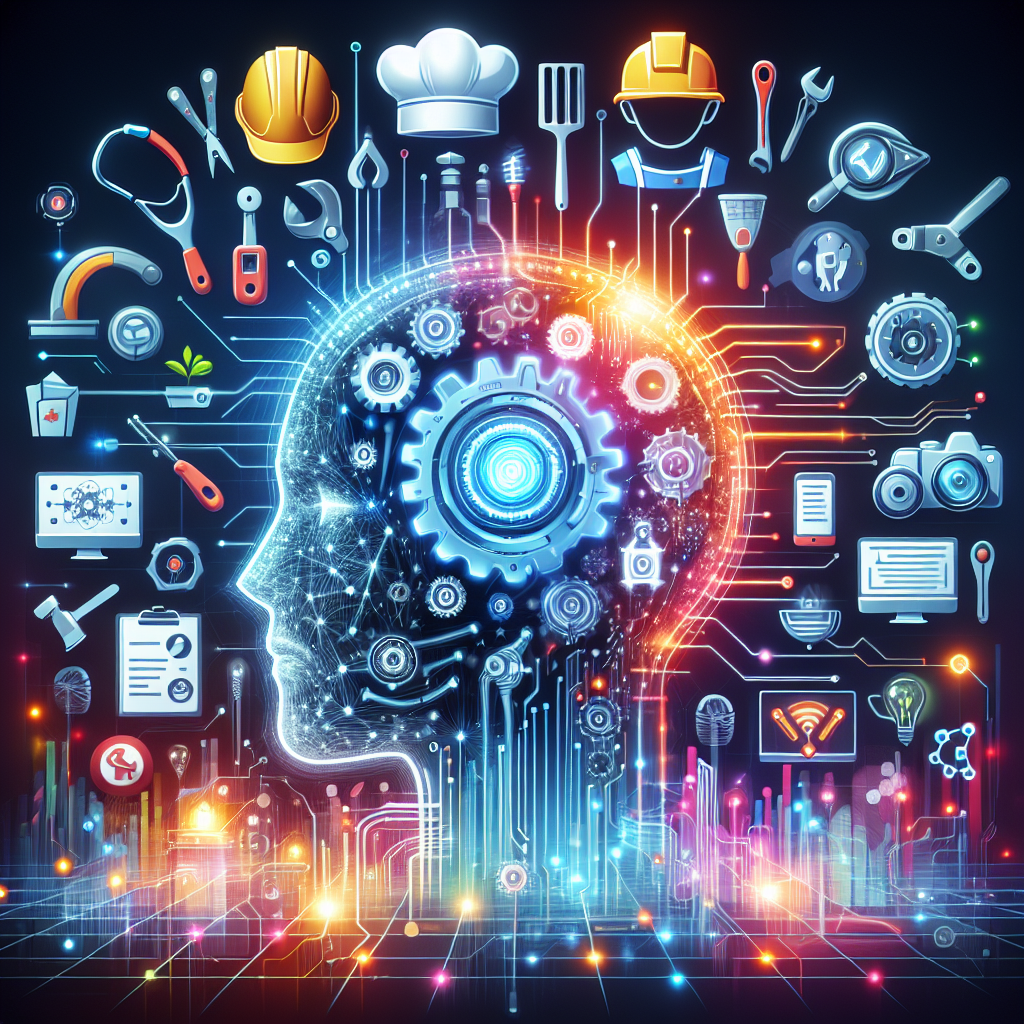Artificial General Intelligence (AGI) is a concept that has been the subject of much debate and speculation in recent years. AGI refers to a type of artificial intelligence that is capable of performing any intellectual task that a human being can do. This includes tasks such as problem-solving, reasoning, and learning from experience. While current artificial intelligence systems are limited to performing specific tasks within a narrow domain, AGI has the potential to revolutionize the way we work and live.
The Future of Work with AGI
The development of AGI has the potential to bring about significant changes in the workplace. As AGI systems become more advanced, they will be able to perform a wide range of tasks that are currently carried out by humans. This could lead to increased productivity, improved efficiency, and the automation of many jobs that are currently performed by humans.
One of the key benefits of AGI is its ability to learn and adapt to new tasks and situations. This means that AGI systems will be able to continuously improve and evolve, making them more capable of performing complex tasks. As a result, AGI could enable businesses to operate more efficiently and effectively, leading to increased competitiveness and innovation.
However, the rise of AGI also raises concerns about the impact it will have on the workforce. Many experts believe that the widespread adoption of AGI could lead to job displacement and unemployment, as machines take over tasks that were previously performed by humans. This could lead to significant social and economic disruptions, as workers are forced to adapt to a rapidly changing job market.
Despite these challenges, many experts believe that AGI has the potential to create new opportunities for workers. By automating routine tasks, AGI could enable workers to focus on more creative and strategic activities, leading to higher job satisfaction and better outcomes for businesses. In addition, AGI could lead to the creation of new industries and job roles that do not currently exist, providing new opportunities for workers to develop new skills and knowledge.
What to Expect in the Coming Years
While the development of AGI is still in its early stages, experts predict that we will see significant advancements in the coming years. Researchers are making rapid progress in developing AGI systems that are capable of performing complex tasks, such as natural language processing, image recognition, and problem-solving. As these systems become more advanced, we can expect to see them being applied in a wide range of industries, including healthcare, finance, and manufacturing.
In the near term, we can expect to see AGI systems being used to augment human intelligence, rather than replace it entirely. For example, AGI systems could be used to assist doctors in diagnosing and treating patients, or to help financial analysts make more informed investment decisions. As these systems become more advanced, we can expect to see them taking on more complex tasks and roles, leading to increased automation and efficiency in the workplace.
In the long term, experts predict that AGI will have a profound impact on the way we work and live. As AGI systems become more advanced, they will be able to perform a wide range of tasks that are currently carried out by humans, leading to increased automation and efficiency in the workplace. This could lead to significant changes in the job market, as workers are forced to adapt to new roles and responsibilities.
FAQs
Q: Will AGI replace all human jobs?
A: While AGI has the potential to automate many tasks currently performed by humans, it is unlikely to replace all human jobs. Many experts believe that AGI will create new opportunities for workers, enabling them to focus on more creative and strategic activities.
Q: What are the ethical implications of AGI?
A: The development of AGI raises a number of ethical concerns, including issues related to privacy, bias, and job displacement. It is important for researchers and policymakers to address these concerns in order to ensure that AGI is developed and deployed in a responsible manner.
Q: How will AGI impact the economy?
A: The widespread adoption of AGI is likely to have a significant impact on the economy, as it could lead to job displacement and changes in the job market. However, AGI also has the potential to create new industries and job roles, leading to new opportunities for workers.
In conclusion, the development of AGI has the potential to revolutionize the way we work and live. While there are challenges and concerns associated with the rise of AGI, there are also opportunities for workers to develop new skills and knowledge. As AGI systems become more advanced, we can expect to see them being applied in a wide range of industries, leading to increased automation and efficiency in the workplace. It is important for researchers, policymakers, and businesses to work together to ensure that AGI is developed and deployed in a responsible and ethical manner.

